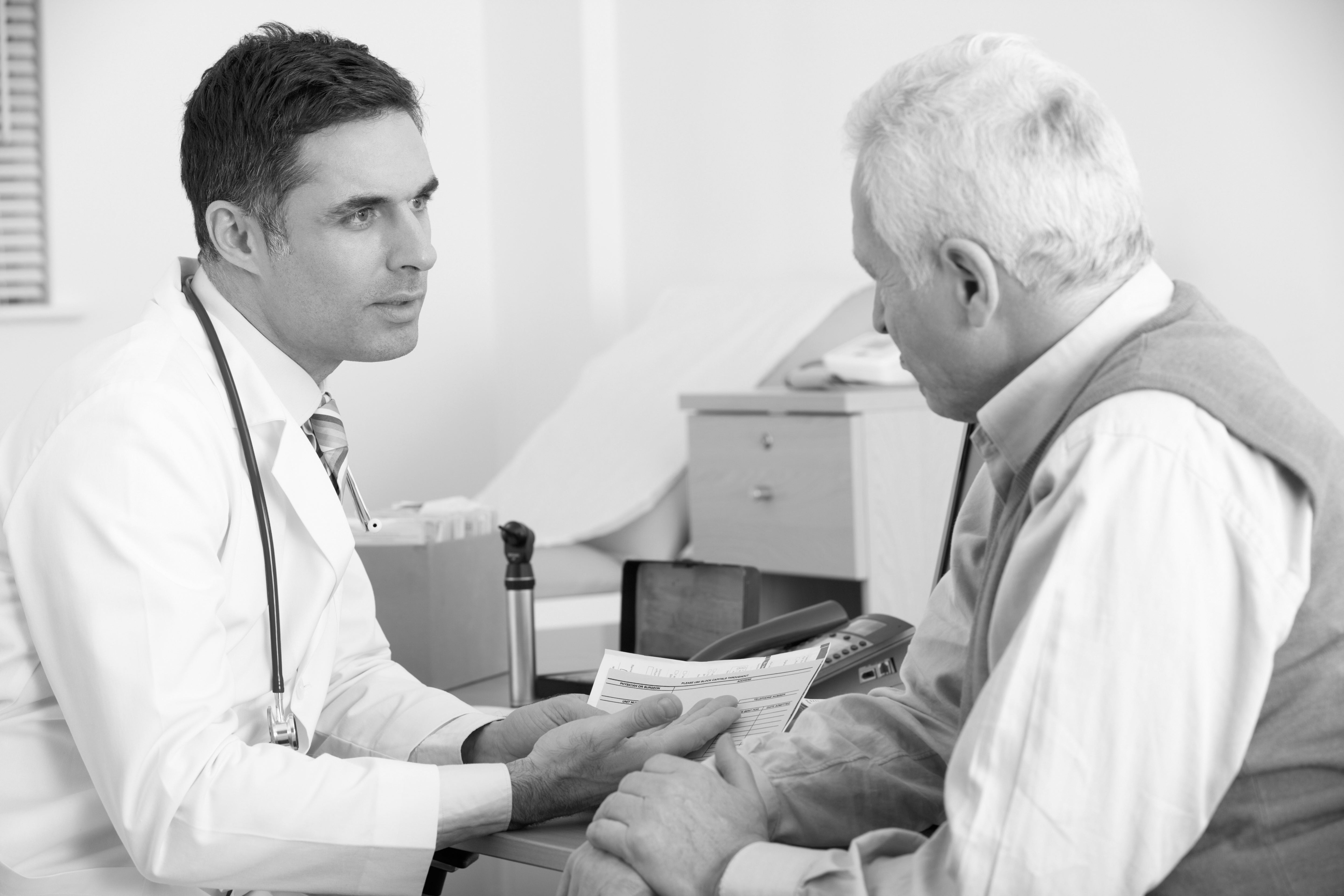Dana-Farber oncologist sees the benefit of using the Serious Illness Conversation Guide with her patients
 Boston oncologist Dr. Beth Overmoyer has been talking to people about serious illness for 25 years.
Boston oncologist Dr. Beth Overmoyer has been talking to people about serious illness for 25 years.
While there was no palliative care training in medical school, she was fortunate to have a thoughtful mentor who modeled how to talk with people at the end of life. So, Dr. Overmoyer developed her own way of initiating critical conversations about medical decisions, expectations, goals and choices. She is comfortable having such conversations. For decades, her patients and colleagues have given her positive feedback about her approach.
What she now realizes, as she participates in the Ariadne Labs Serious Illness Care clinical trial, is that she can do better. By integrating the Serious Illness Conversation Guide into her way of talking with people, she says she has benefited from a more systematic approach to asking deeply personal but critical questions that can guide patients in making medical decisions about serious illness care options.
“Now I can use this guide to discuss certain issues I haven’t necessarily talked about,” said Dr. Overmoyer, who specializes in breast cancer. “What’s most beneficial for my patients is a question I never anticipated getting an answer to: What would you be willing to give up and not give up for a longer length of life? That’s a part of the checklist I have never embarked on. That’s been very helpful. It allows them to think about what quality of life means to them.”
She also appreciates the guide’s patient-directed approach to providing information, particularly about how long a patient can expect to live with the disease.“It’s the elephant in the room,” she said. “The guide asks patients, ‘Do you want this information about time?’ and allows me to frame the answer in a way that I feel comfortable and in a way that I don’t feel I’m doing my patient harm.”
In general, she said most oncologists aren’t having end-of-life conversations early enough. The Serious Illness Care Program “increases awareness that you had better start talking to patients early in their disease course, and you have to be open to how you can improve. It has helped me as a physician.”
What she has discovered over the years is that most patients want to have these conversations. Patients who have these conversations make different decisions. Patients reconnect with family members they had not talked to in years. They travel and see the world. They create special gifts for loved ones. They write letters to their children. She recalls one mother writing to her daughter, “Make sure you really like the guy you kiss for the first time.”



